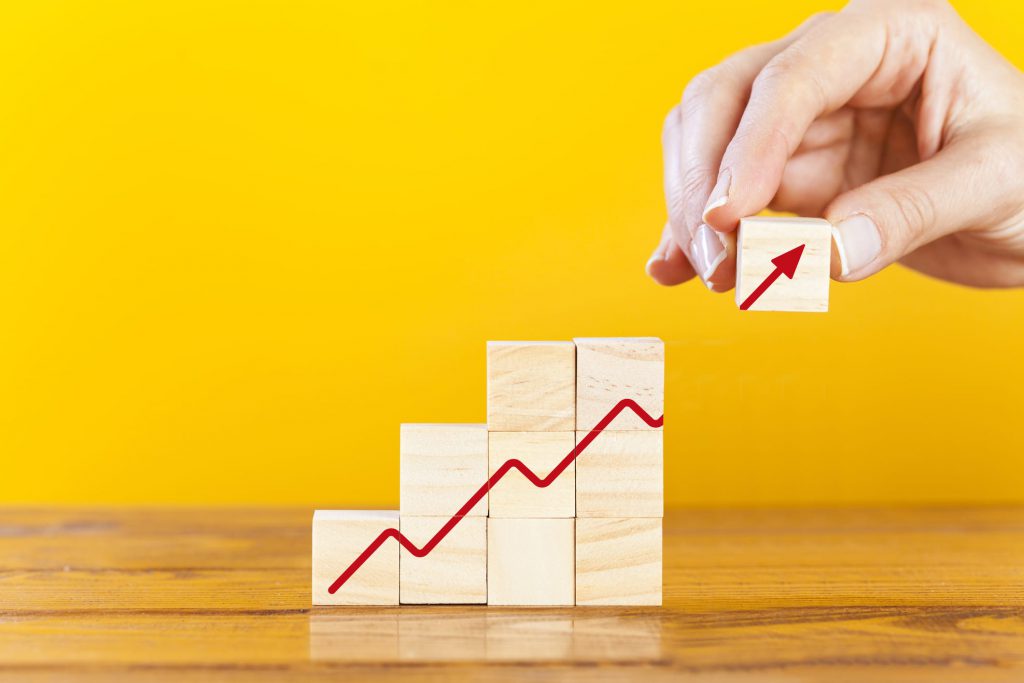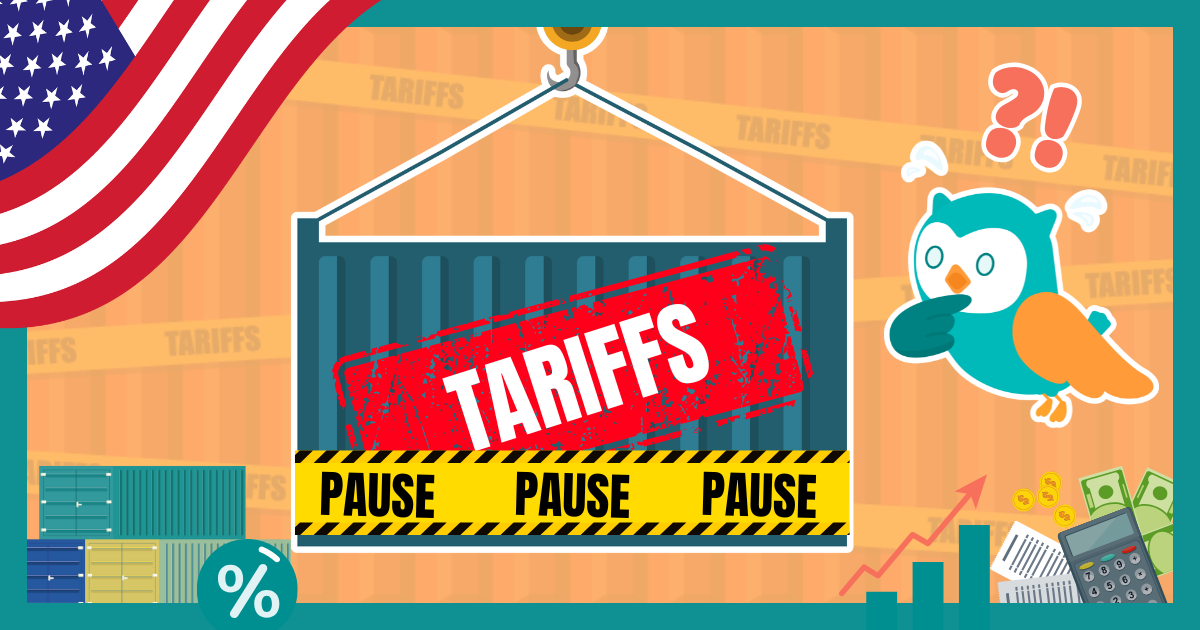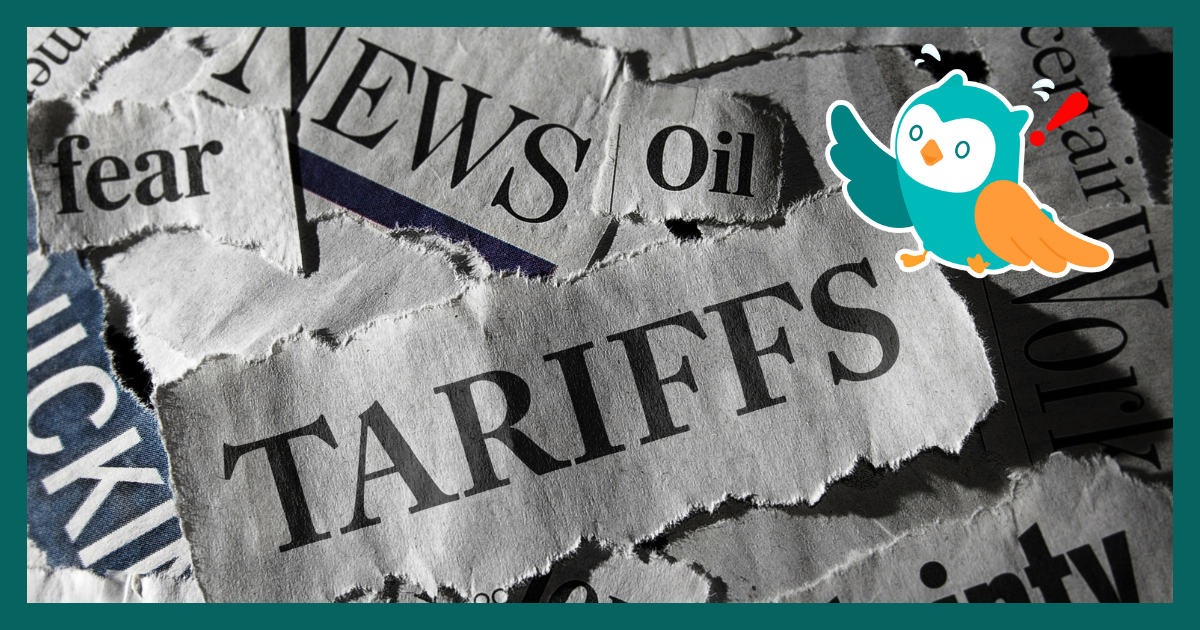Note: It was announced in November 2023 that MoneyOwl will be acquired by Temasek Trust to serve communities under a re-purposed model, and will move away from direct sale of financial products. The article is retained with original information relevant as at the date of the article only, and any mention of products or promotions is retained for reference purposes only.
______________
Why you should stay invested up till the market recovers
What are the regrets of fund managers and advisers who are still in the profession today, when they think of 2008-2009?
Overnight, US equities ended sharply lower in the Thursday trading session, with S&P 500 finishing down for a sixth straight session yesterday. This brings the index to -12% from its peak on 19 Feb 2020. This is the fastest race to correction territory, i.e., when the market is down more than 10%, in history.
The reason, of course, is that the global financial markets have been weathering a barrage of reports on the widening Covid-19 outbreak. Markets have grown more fearful and many economists, strategists and technicians will be predicting the impact on the global economy, when to move in or out of markets and which assets to get into, on such bases as macro forecasts, patterns, support levels and so on.
But when you understand markets, you will view a 12% drop from peak with anticipation of opportunity, and not fear or panic. In this time, instead of feeding on doomsday headlines, it is good to take a step back and look at short term movements from the lens and wisdom of a longer-term perspective.
Based on the S&P 500 data from 1926 to 2019, a more than 10% drawdown from peak has happened 8 times during that period (refer to diagram below). On average, it took around 11.6 months to recover back to its previous levels. Anyone who is invested in equity markets should have more than a year’s time horizon. A drawdown of more than 20%, or what is known as “bear market territory” is very rare.

So, what should you do? Firstly, ignore the cacophony and turn off the media. Stay invested so that you will have a net in the water to catch fish when the market recovers. In fact, some of the biggest recoveries occur after the biggest plunges, so keep in mind your longer-term goals rather than make emotionally driven decisions.
Next, at these levels of correction instead – assuming you are a long-term investor who already have a plan in place of saving and investing towards your goal – consider putting a percentage of the dry powder you have set aside to work in the markets. For MoneyOwl clients, you may wish to start topping up your portfolio with 1/3 or so of your spare cash, it can be less or more. Your MoneyOwl Client Adviser can speak with you about what might be suitable for you. If the markets fall further, put in yet another tranche of this spare cash. You will reap the benefits in the future years when you look back.
Please note that dry powder is about spare cash outside your core plan. Investors should already have a main plan in place – meaning first an emergency fund of 6 months, a protection plan to risk-proof your finances and a regular saving plan and/or a meaningful portion of your assets already put to work in line with your goals, your need, ability and willingness to take risk. We will never ask anyone to punt away his or her life goals. If you don’t have such a comprehensive plan, do talk to your MoneyOwl Client Adviser about doing one or visit www.moneyowl.com.sg. It is as good a time as any, if not better.
While we are in it, it can feel quite bad – and the media almost seems to conspire to make you feel sick in the stomach. A year or two from now, no one will be talking about the virus in terms of how many trillions it has wiped off markets. Know that the only time when the dollars get wiped off permanently for you, is if you panic and sell.
So, what are the regrets of professionals when they think of 2008-2009? The answer: how they should have stayed invested or invested more, or how they should have advised their clients to do so. It is not sell time, but “SALE” time, letters written in bold red. Because the stock market always recovers and goes up in the long run. Do this for yourself today.
Chuin Ting Weber, CFA, CAIA, is CEO and CIO of MoneyOwl, Singapore’s first bionic financial adviser while Harry Ch’ng, CFA, CA, is CFO and SVP, Investment of MoneyOwl, who are both from the Investment Team at MoneyOwl.




